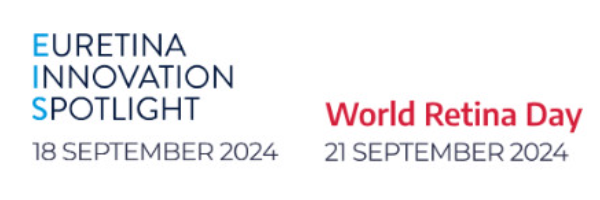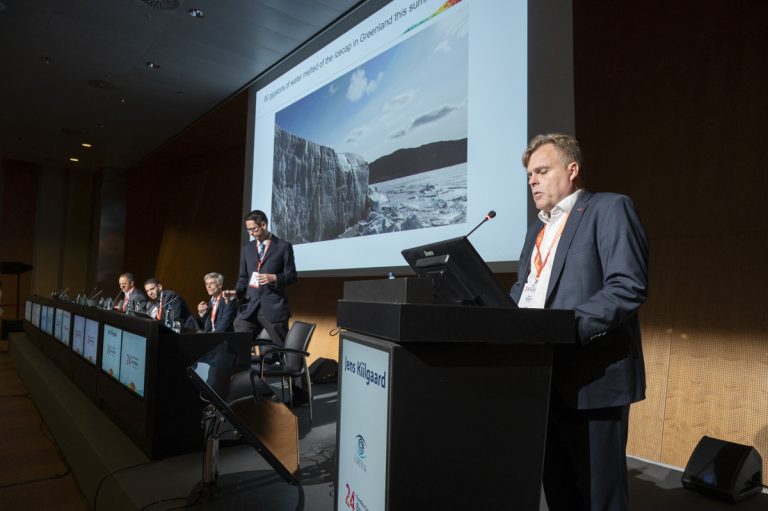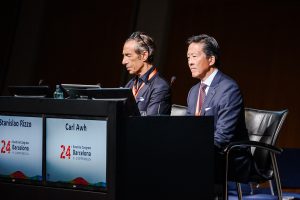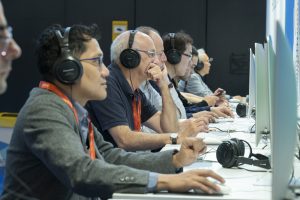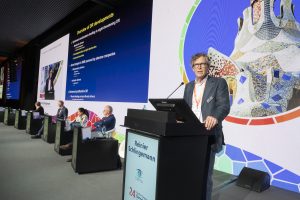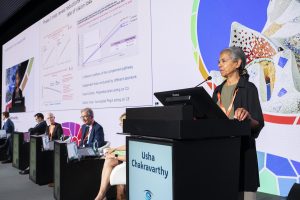Speakers at the Friday morning symposium “Sustainability in Retina” highlighted the impact that healthcare and specifically retina practice has on global warming.
Opening the session, Dr Jens Kiilgaard (Denmark) demonstrated the impact of global warming using changes occurring in Greenland as an example. Stating the purpose of the session, Dr Kiilgaard said that it is not to find the correct solution, but rather to change the mindset of the whole community to think not only what I can do but what can we do as a society to minimise this impact.
A series of talks following Dr Kiilgaard reviewed ways to reduce waste associated with intravitreal injections and retina surgery. Discussing intravitreal injections, Dr Redmer Van Leeuwen (Netherlands) noted that there are huge differences in how this procedure is done in different countries and clinics. He discussed “greener approaches” to intravitreal injections by summarising the sources contributing to the carbon footprint and ways to reduce them by substituting or eliminating components used in the procedure.
Dr George Moussa (United Kingdom) issued a call for action to address the effects of the use of fluorinated gases in vitreoretinal surgery. He spoke about the impact of different gas delivery mechanisms and of different gas types along with ways to reduce the use of fluorinated gases in vitreoretinal surgery and their tradeoffs.
Continuing on the topic of surgery, Dr Vivek Dave (India) spoke about sources of waste in the operating theatre and ways to reduce it. He concentrated on the reuse aspect of instruments and other equipment. Noting that this is a controversial topic considering that one of the sacrosanct principles of surgery is to discard and dispose everything that is opened, Dr Dave presented evidence that reusage of instruments is safe and can make surgery more affordable while positively impacting the carbon footprint.
Dr Diana Silva (Portugal), a co-chair of the EyeSustain Global Council, spoke about the programme that was created to lead sustainable practices in ophthalmology to make a change.
“Adopting more sustainable practices requires a collective effort of multiple societies. EyeSustain was born from that concept,” she said. Dr Silva discussed the organisation’s initiatives, actions, and position papers. “There are a lot of challenges, but also a lot of opportunities, and I invite everyone to become involved,” Dr Silva said.
Speaking on behalf of Euretina, Dr Martin Zinkernagel (Switzerland), Euretina Executive Secretary, talked about the organisation’s vision and initiatives for increasing sustainable practices and encouraging the adoption of eco-friendly choices. He mentioned that Euretina established a sustainability committee in 2024 and is about to formulate guidelines to make daily work in retina clinics more sustainable. The society is also partnering with industry to minimise the carbon footprint and reduce surgical waste and working with YOURS (Young Retina Specialists).
“We think sustainability should be an initiative of the young ophthalmologists who will shape the future,” Dr Zinkernagel said.
He concluded, “Euretina is committed to being a leader in sustainability, and we need all our members to play their part. For this we need to educate and raise awareness to ensure that future generations inherit not only the advances in retinal diseases that we pioneer today but also a healthier and a greener planet.”
Registered attendees interested in learning more about sustainability can access the entire symposium ON DEMAND.
